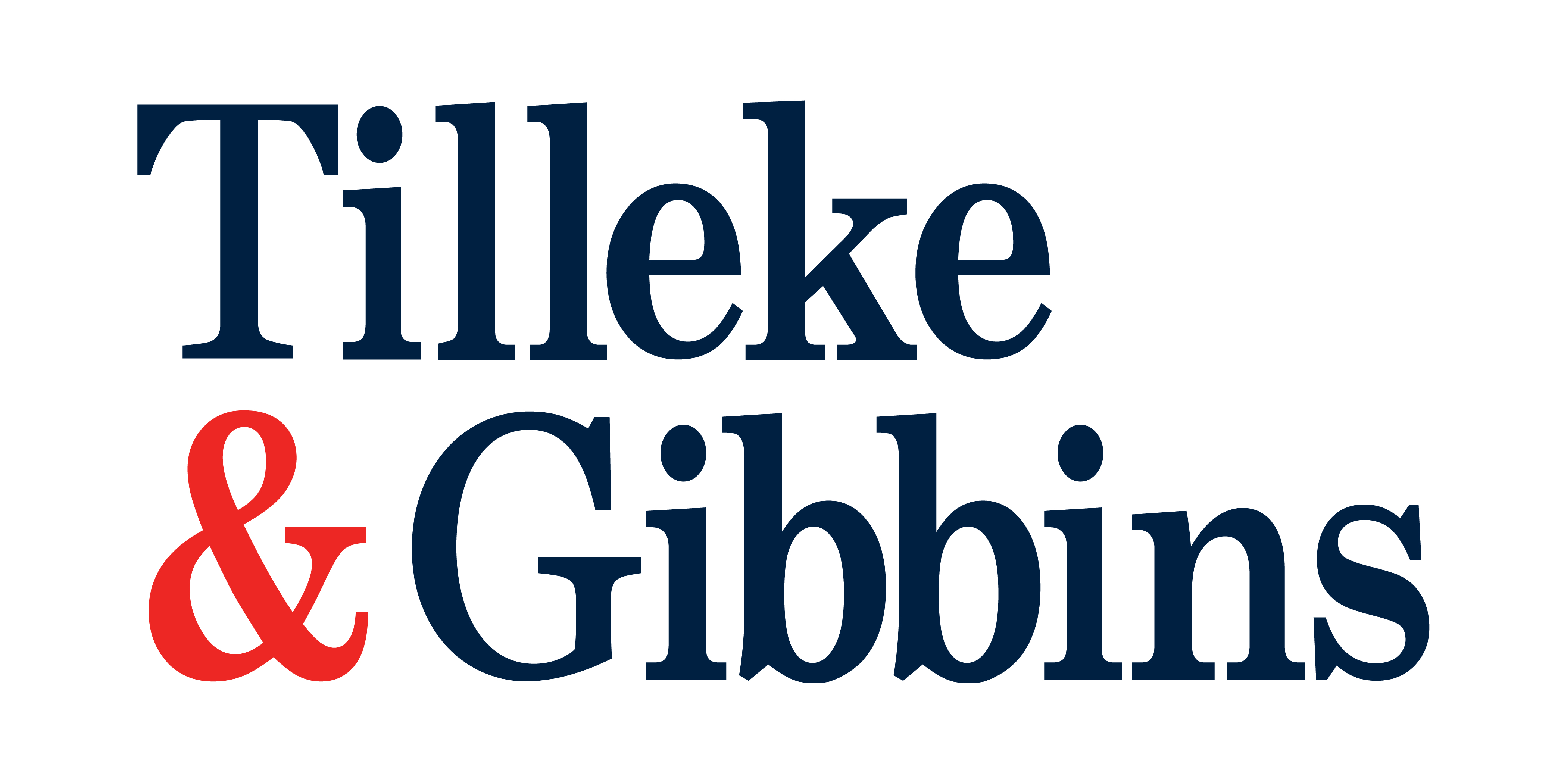8 January 2021
Across the globe, the demand for COVID-19 vaccinations has been understandably high, with many regulatory authorities (e.g., U.S. Food and Drug Administration, Medicines & Healthcare Products Regulatory Agency in the U.K., European Medicine Agency, Swissmedic, etc.) issuing emergency use authorizations for COVID-19 vaccines. Similarly, the Thai Food and Drug Administration (Thai FDA) has published the Notification Re: Conditional Approval for Emergency Use of Medical Products, which allows drug importers to register COVID-19 vaccines under the conditional approval scheme. While as of the date of this article, the Thai FDA has yet to authorize any COVID-19 vaccines, this should follow shortly as clinical trials are completed and government procurement negotiations progress.
Under the notification, it appears that the channel of distribution of a COVID-19 vaccine under the conditional approval scheme would be strictly controlled by the Thai FDA. This channel includes the vaccine’s distribution to relevant government agencies (e.g., Department of Disease Control of Thailand and public hospitals specified by the Thai FDA). However, questions have been raised regarding which private hospitals would be included in the distribution list and how the Thai FDA would distribute the vaccine to private hospitals. This confusion over the role of private hospitals was seen recently when one private hospital advertised that it could secure the COVID-19 vaccine from one developer whose product had already been approved elsewhere, until the Thai FDA then stepped in and claimed that the advertisement violated the Drug Act.
The Thai FDA notification also enumerates several essential criteria that must be fulfilled in seeking approval for a COVID-19 vaccine, including the following:
-
The available scientific data must substantiate both the efficacy and safety of vaccine. Further, the risk-benefit analysis must indicate that the medicine’s benefits outweigh its risks. A risk management plan, including risk minimization measures, must be submitted.
-
Applications for registration should be prepared using the required template and then be submitted to the Thai FDA.
-
During the assessment, the Thai FDA may rely on an assessment reports provided by stringent overseas regulatory authorities including the U.S., the U.K., the E.U., Australia, Japan, or the WHO.
-
Following approval, the company must conduct a safety monitoring program for every patient (i.e., patient registry), and submit importation records and sales records to the Thai FDA.
-
The storage and distribution of a vaccine under conditional approval must comply with good storage practice (GSP) and good distribution practice (GDP) standards.
For further information, please contact:
Kittiya Nopparatrungroj, Tilleke & Gibbins
kittiya.n@tilleke.com





